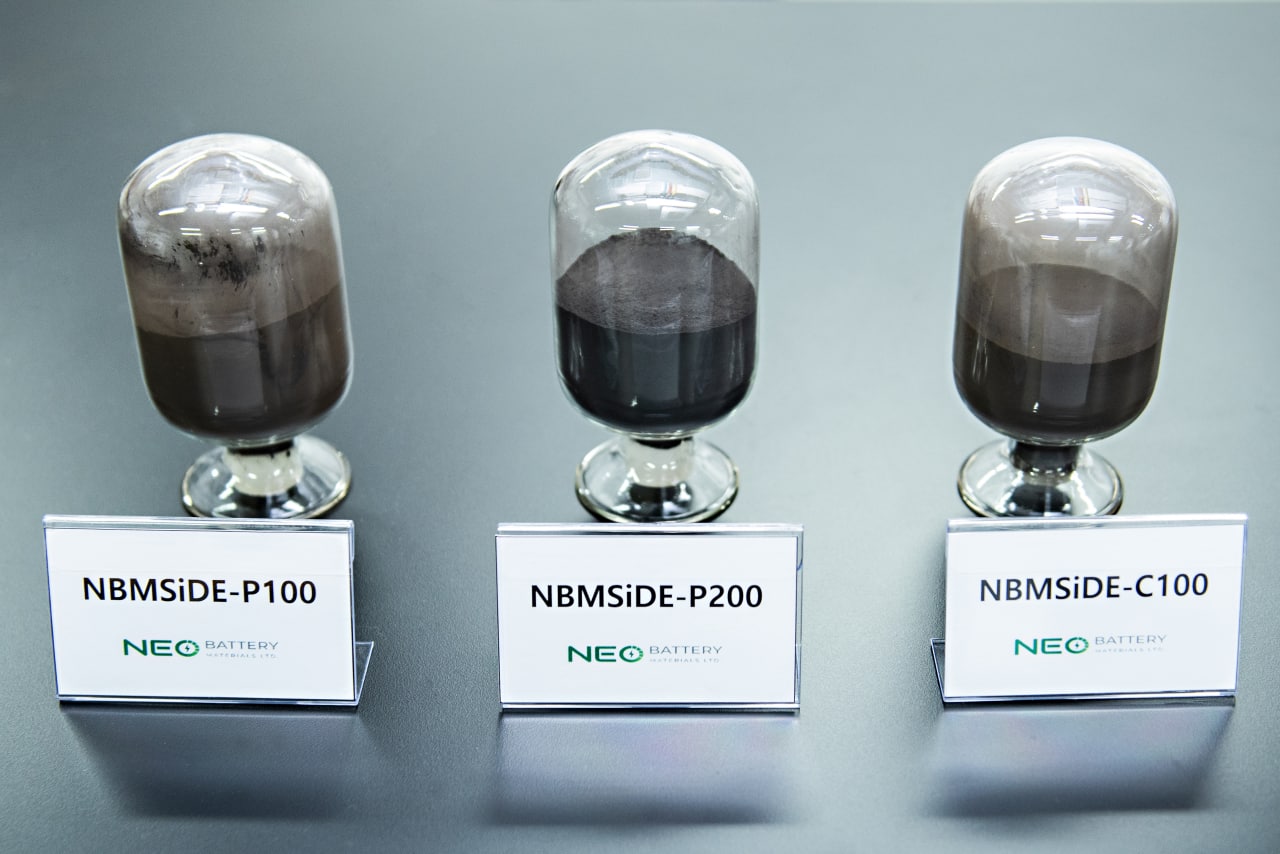 Dr. Shanthi Johnson, Vice-President, Research and Innovation at the University of Windsor, emphasizes the significance of the new partnership with NEO Battery Materials, which aims to drive innovation in Canada’s electric vehicle ecosystem through advanced research and industry collaboration. (University of Windsor)
Dr. Shanthi Johnson, Vice-President, Research and Innovation at the University of Windsor, emphasizes the significance of the new partnership with NEO Battery Materials, which aims to drive innovation in Canada’s electric vehicle ecosystem through advanced research and industry collaboration. (University of Windsor)
TORONTO, Ont. — NEO Battery Materials Ltd., a low-cost silicon anode materials developer that enables longer-running, rapid-charging lithium-ion batteries, has signed a Memorandum of Understanding (MOU) with the University of Windsor to establish a strategic partnership focused on advancing new battery and energy storage technologies in Canada’s electric vehicle (EV) ecosystem.
The partnership will leverage the synergies between industry and academia to drive innovation and competitive advantages in battery and sustainable mobility technologies. Both parties are committed to combining their strengths in cultivating highly qualified talent, commercializing innovation, and conducting pivotal research and development.
"We are pleased to announce this strategic partnership,” said Dr. Shanthi Johnson, the University of Windsor’s vice-president, research and innovation. "Our institution has a proven commitment to pursuing bold, impactful research in collaboration with industry. This partnership with NEO Battery Materials is an example of that commitment with tangible benefits to the EV sector, the Canadian economy, and society as a whole."

As a part of this MOU, NEO will collaborate with researchers in UWindsor’s Faculty of Engineering. Projects will focus on optimizing silicon anodes, fabricating multi-layer lithium-ion battery cells, and developing novel component materials. The partnership will take advantage of provincial or federal funding programs for industry-academia joint development.
Along with research and development, the collaboration aims to create commercialization pathways for new innovations. By jointly creating intellectual property (IP), NEO and the University will develop and bring to market new solutions that address the evolving needs of the EV and energy storage sectors. The collaboration will explore work opportunities to equip students with practical experience and create a pipeline of highly qualified personnel to fulfill the workforce needs of the growing EV sector.
